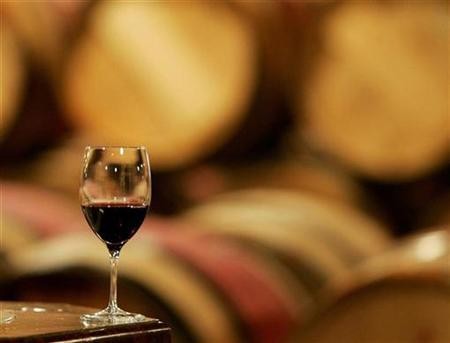Consuming just one or two alcoholic drinks every day can increase a person's risk of some types of cancer, a new study discovered. Researchers learned that drinking ranging from light to moderate is linked to a higher chance of many types of cancers in male smokers, and breast cancer in women.
The study was conducted by Harvard University. It was published on August 18, Tuesday in The BMJ.
Research conducted by the Harvard research team included 136,000 adult volunteers. "Light" drinking is one daily drink for women, and a maximum of two drinks for men, according to CBS News.
Yin Cao is a nutrition department researcher and was the study's lead author. Her team examined data from two studies by United States health professionals.
Cao's team did not prove that drinking definitely increases the person's risk of cancer. It just showed a relationship.
Drinkers should consider various factors when determining when they have had one alcoholic beverage too many. They include a smoking history, risk of heart disease, and family history of some cancers.
Several types of cancers are linked to cancer. They include the throat, liver, and colon varieties.
Smoking men should drink less than the suggested limit, as a combination of the two could trigger the deadly disease. Meanwhile, alcoholic drinks cause a moderate increase in the chance of breast cancer in women, but can also help to prevent heart disease and high blood pressure.
During the 30-year follow-up study of the original research over 19,000 women and almost 7,600 men developed cancer. Light or moderate drinking was not linked to a major overall increase in cancer cases.
Dr. Richard Roope said that experts have long-known about a strong connection between alcohol and cancer, according to The Sky. However, the study showed a strong link among smokers and drinkers with a family history of the disease.
Alcohol results in nearly 4 percent of all global cancers. That figure is close to the ratio of cancer deaths in the U.S.



























